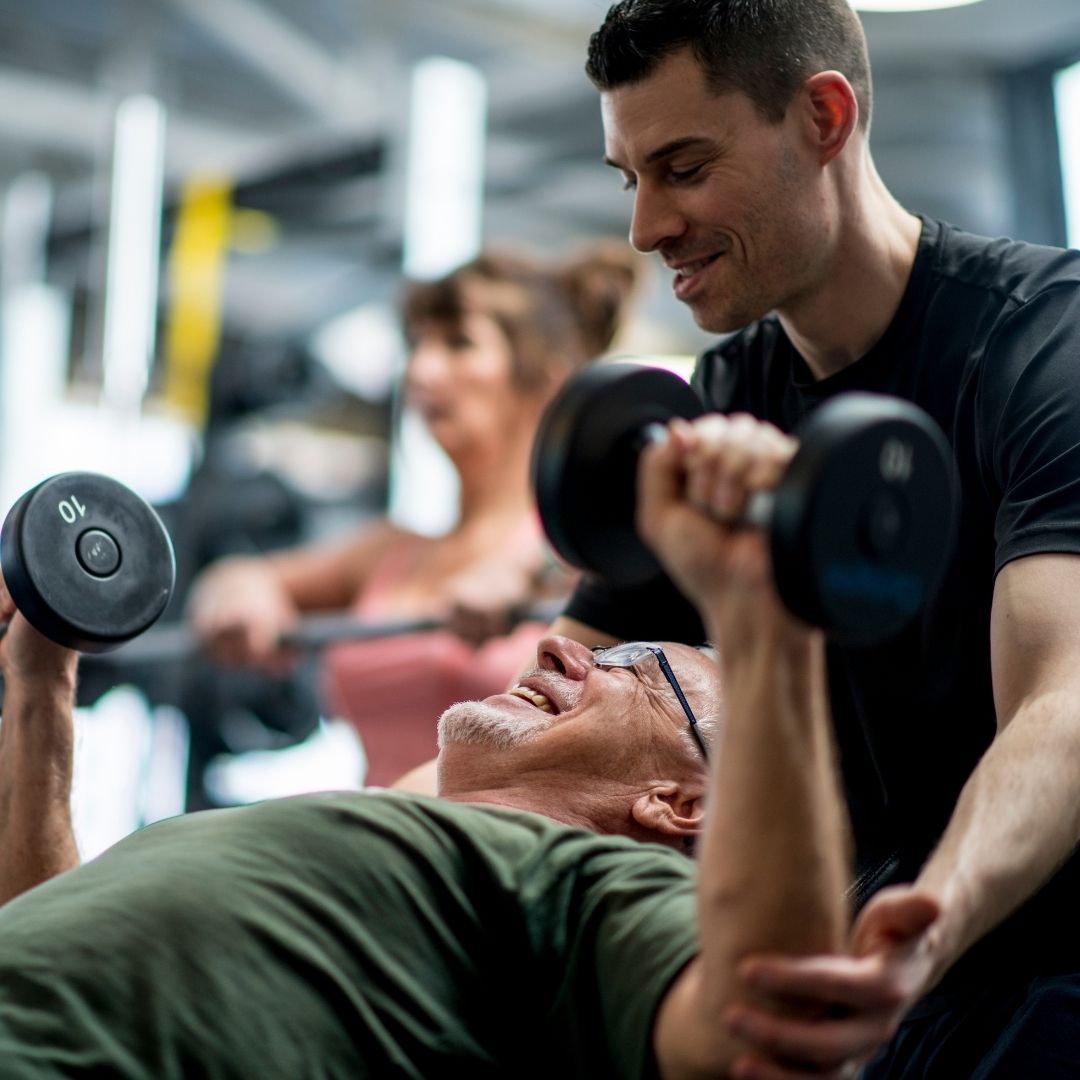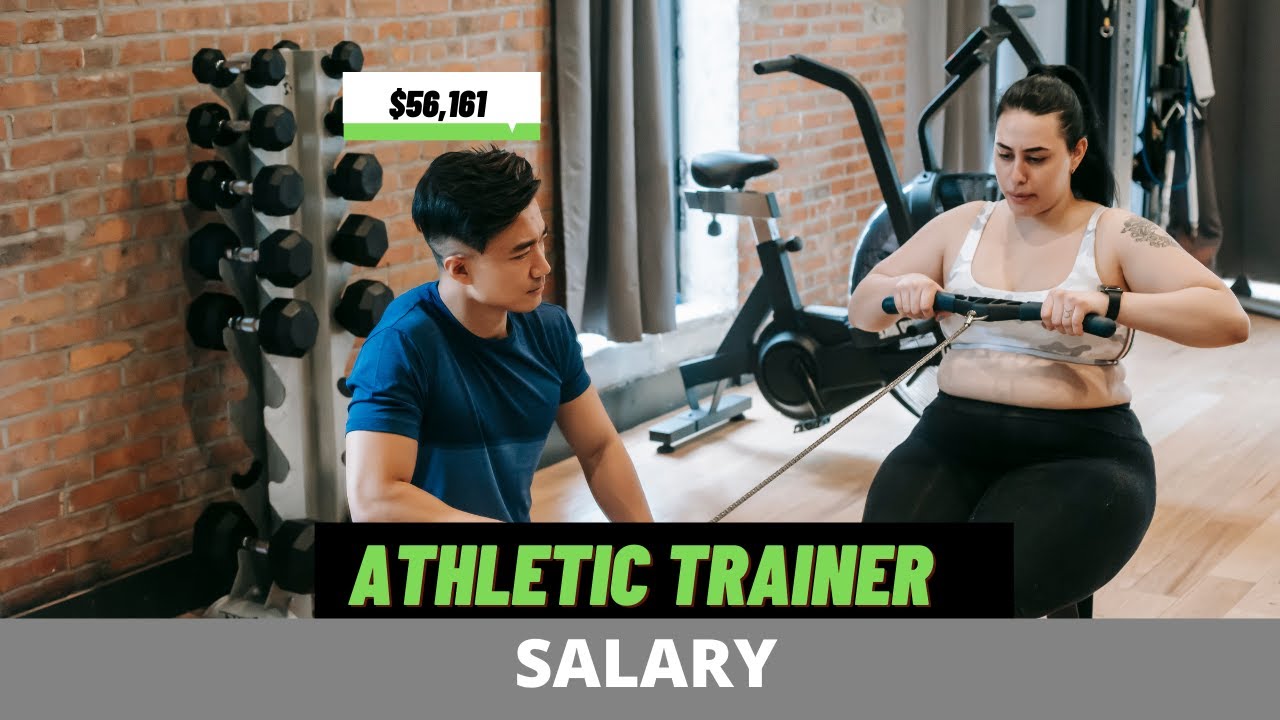
Exercise at home is a great alternative to going to the gym. Saving money on gym memberships and saving time is another benefit of home workouts. How do you begin a home workout program? Here are some ideas to get you started.
The Basic Bodyweight Exercises: Basic Bodyweight exercises
Most of the time, exercising at home is done with your body weight. These exercises are a great way to target all major muscle groups. In addition to strengthening muscles and toning them, these bodyweight exercises will improve your balance and flexibility.
Remember to always use good form when you are doing bodyweight exercises. It is particularly important to use proper form when you are performing an exercise which requires you lift your legs. By using proper form, you can avoid straining your muscles or injuring yourself.
Exercises that require bodyweight should be done for 30 seconds each time. If you are able to, it's best to repeat the exercise for two minutes. This will allow your body to recover and help prevent injury.

One of the biggest mistakes beginners make is trying to rush through an exercise routine. You will burn out if you try to do too much in too little time. This can lead to you losing motivation and giving up your exercise program.
Luckily, there are simple techniques that can keep you motivated to continue your workouts. Change your exercise, weights and reps.
Method 1: Increase reps per set, reduce rest between sets or add an additional exercise. These methods challenge your body and are called "progressive overload". If you are a beginner, you should increase the number of reps in a set by about 20 percent each week until you reach your full strength level.
If you do push-ups at your level of total body strength for the first week, then for the next three weeks, do 15 reps for each set: week 2, 25 reps and week 3, 20.
It will allow you to progress to harder sets of pushups that are typically done at the end of an exercise plan.

The best part about these techniques is that they are easy to implement and won't disrupt your day-to-day routine. Just add a couple more reps per week to your sets and you will start seeing results.
This at-home workout will get your heart pumping and boost your energy levels, making you feel energized throughout the day. You will burn more calories and slim down, while also boosting your self-confidence.
FAQ
Can I exercise after eating?
It all depends on the type of exercise that you are doing. Avoid strenuous activities after meals because they can cause stomach cramps. Light aerobic activities, such as walking or biking, are better.
What can exercise do for your body and mind?
Exercise can help you lose weight. Build muscle mass, increase energy, reduce stress, and improve quality of your sleep. You will experience improved moods and self-esteem as well as increased productivity and a lower risk of developing heart disease.
Do I need to drink alcohol while working out?
It is important to limit your alcohol intake while you are working out. A moderate amount of alcohol, one drink per day, may be beneficial for endurance during exercise. It may also reduce fatigue from exercise and muscle aches.
What happens if I don’t get enough sleep?
Lack of sleep means that your brain does not receive enough signals to regulate hormones. As a result, your body may become more hungry and can gain weight. Overeating can also be caused by a lack of sleep.
Is it safe to exercise in cold weather?
Outside exercise is encouraged whenever possible. However, the temperature of the air is not the only thing that can determine whether you are safe to exercise outdoors. Also, visibility, wind speed and humidity all play a significant role. Layers of clothing will protect you from rain and wind chill if you exercise outdoors in inclement climates.
Can exercise make me gain weight?
Not at all. Actually, exercising can help you to maintain your current weight. Training regularly can help you build muscles, increase your metabolism, and burn more calories. This means your body won’t store as much weight.
How does caffeine impact my sleep?
Caffeine has a significant impact on how fast you fall asleep and how deep you sleep. Caffeine can cause drowsiness that makes falling asleep much easier. You may stay awake for longer periods, which makes it more difficult to fall asleep. Instead of drinking coffee or energy drinks just before bed, you might consider having them in the evening.
Statistics
- An estimated 110,000 deaths per year could be prevented (cdc.gov)
- Globally, 28% of adults aged 18 and over were not active enough in 2016 (men 23% and women 32%). (who.int)
- One study showed that adults who watch more than 4 hours of television daily had an 80% higher risk of death from cardiovascular disease. (heart.org)
- Adolescent girls were less active than adolescent boys, with 85% vs. 78% not meeting WHO recommendations of at least 60 minutes of moderate to vigorous intensity physical activity per day. (who.int)
External Links
How To
How to motivate yourself to follow a fitness routine
A fitness plan is a set or sequence of exercises that are done regularly for a particular time. It helps to tone and build muscle mass. Regular physical activity can improve cardiovascular health and lower blood pressure, cholesterol levels and risk of heart attack and stroke. It also reduces anxiety, stress, depression, stress, obesity and other diseases. Regular exercise has psychological benefits as well. It improves self-esteem, self-confidence, mood, energy, sleep quality, social interaction, and self-confidence.
Why would you choose to make your own fitness program?
You should consider a fitness regimen if you are looking to lose weight, get healthier, and be more fit. What makes a fitness routine so important? Let's find out!
What does it mean, to be a part of a fitness program?
It's about engaging in at least three physical activities per week. You don't necessarily have to spend hours doing this; just 30 minutes of exercise is enough to burn calories and keep you healthy. It doesn't matter how long you do it for, the most important thing is to stick with your plan. It doesn't matter if you skip a day or two. Just keep going.
What time should I devote to my exercise routine?
The amount of time you spend on a workout depends on your level of activity. It takes between 20-30 minutes to complete a moderate workout. Start slowly by exercising for five to ten minutes first if you're just starting out. After you get used to it, gradually increase the duration.